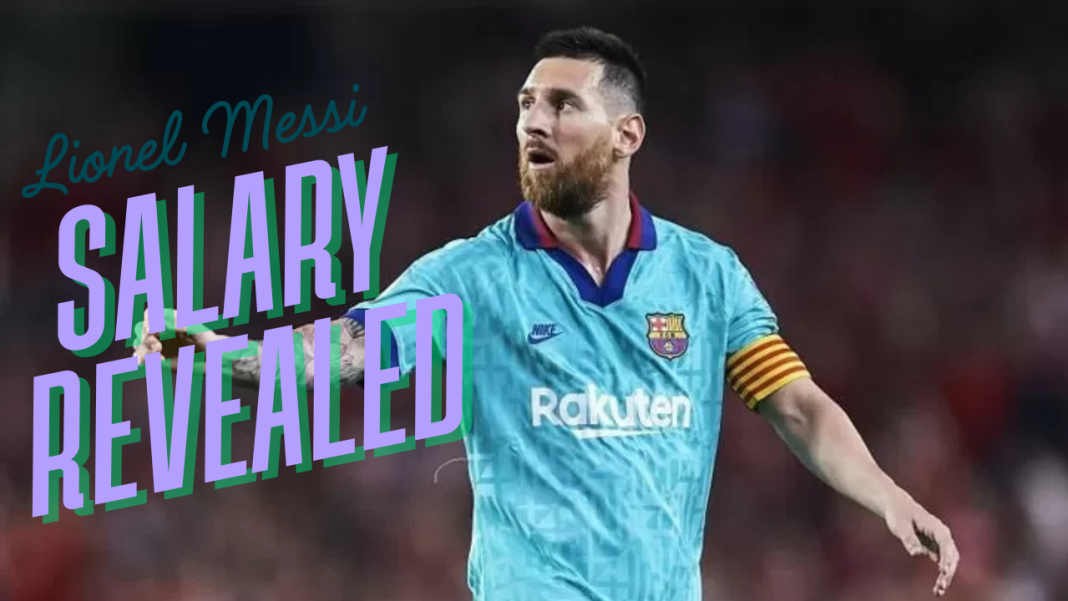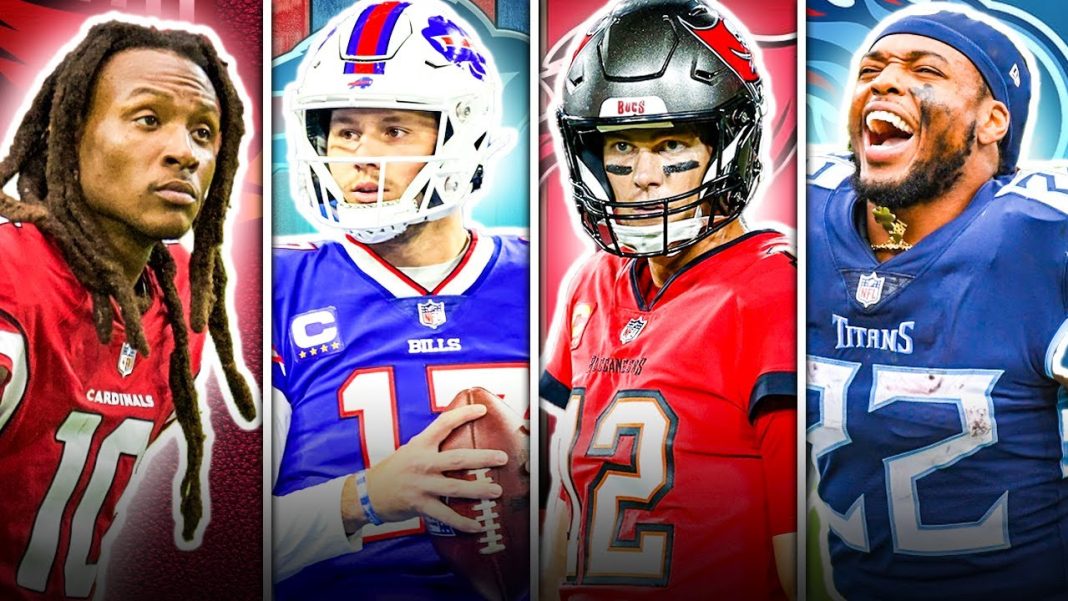Lionel Messi often regarded as one of the greatest football players of all time. He had a career filled with remarkable achievements, records, and, of course, substantial financial earnings. As the world of football continues to evolve so too does the financial landscape surrounding its biggest stars. In this article, we will delve into Messi’s salary particularly focusing on the projected figure of $20.44 million in 2025, and explore the factors that contribute to his earnings, the implications of such a salary, and how it fits into the broader context of football finances.
The Rise of Lionel Messi
Lionel Messi was born on June 24, 1987, in Rosario, Argentina. He joined FC Barcelona’s youth academy La Masia at the age of 13, and quickly rose through the ranks to become one of the club’s most iconic players. Over his 21-year career at Barcelona, Messi won numerous titles, including ten La Liga championships, seven Copa del Rey titles, and four UEFA Champions League trophies. His individual accolades are equally impressive with multiple FIFA Ballon d’Or awards to his name.
In 2021, Messi made a high-profile move to Paris Saint-Germain (PSG) after Barcelona was unable to renew his contract due to financial constraints. This transfer marked a significant shift in Messi’s career and opened up new avenues for his earnings.
Messi’s Salary Breakdown
As of 2023, Messi’s salary at PSG is reported to be around $41 million per year, making him one of the highest-paid athletes in the world. However, projections for 2025 suggest a decrease in his salary to approximately $20.44 million. This anticipated reduction raises questions about the factors influencing such a significant change.
Factors Influencing Salary Changes
- Age and Performance: By 2025, Messi will be 38 years old. While he has maintained an impressive level of performance, age inevitably impacts a player’s market value. Clubs often reassess contracts as players age, leading to potential salary reductions.
- Market Dynamics: The football market is influenced by various factors, including broadcasting rights, sponsorship deals, and the overall financial health of clubs. If PSG or the broader football market experiences financial challenges, it could lead to salary adjustments for even the top players.
- Contract Negotiations: Messi’s contract negotiations will play a crucial role in determining his salary. As he approaches the end of his current contract, PSG may seek to renegotiate terms that reflect his age and performance level.
- Emergence of New Talent: The football landscape is constantly evolving, with new talents emerging regularly. As younger players prove their worth, clubs may prioritize investing in these rising stars over retaining aging superstars at high salaries.
- Sponsorship and Endorsements: Messi’s off-field earnings from endorsements and sponsorships significantly contribute to his overall income. While his salary may decrease, his brand value remains strong, and he continues to attract lucrative deals with major companies.
The Implications of a $20.44 Million Salary
A projected salary of $20.44 million in 2025, while lower than his current earnings still place Messi among the highest-paid athletes globally. This figure reflects not only his on-field contributions but also his enduring popularity and marketability.
Financial Stability for Clubs
For clubs like PSG managing player salaries is crucial for financial stability. The football industry has faced scrutiny over inflated wages and clubs are increasingly focused on sustainable financial practices. A reduction in Messi’s salary could allow PSG to allocate resources more effectively, potentially investing in new talent or improving their overall squad depth.
Legacy and Brand Value
Despite a potential salary reduction Messi’s legacy as one of the greatest players in history remains intact. His brand value continues to thrive and he is likely to remain a sought-after figure for endorsements and sponsorships. Companies are willing to invest in Messi due to his global appeal ensuring that he remains a significant financial asset even if his salary decreases.
The Future of Messi
As we look ahead to 2025, the future of Lionel Messi remains a topic of great interest. While his salary may decrease his impact on the game and his legacy will undoubtedly endure. Fans and analysts alike will be watching closely to see how he adapts to the later stages of his career and what decisions he makes regarding his future.
Potential Retirement
By 2025, discussions about Messi’s retirement will likely intensify. Many players choose to retire at or around the age of 38 and Messi may follow suit. If he decides to retire it could mark the end of an era in football leaving behind a legacy that will be remembered for generations.
Transition to Other Roles
Should Messi retire from professional football? he may transition into other roles within the sport. Many former players take on coaching, management, or ambassadorial positions, leveraging their experience and knowledge of the game. Messi’s insights and expertise could be invaluable in shaping the future of football.
Continued Influence
Even after his playing days are over, Messi’s influence on the sport will persist. He has already established himself as a role model for aspiring footballers worldwide. His philanthropic efforts including the Leo Messi Foundation demonstrate his commitment to giving back to the community.
Conclusion
Lionel Messi’s projected salary of $20.44 million in 2025 reflects the complexities of the football industry and the factors that influence player earnings. While this figure represents a decrease from his current salary, it does not diminish his status as one of the greatest players in history. As Messi approaches the twilight of his career, his legacy, brand value, and impact on the sport will continue to resonate, ensuring that he remains a significant figure in football for years to come. The world will be watching as Messi navigates this new chapter in his illustrious career, and fans can only hope to witness more magical moments from the maestro himself.


